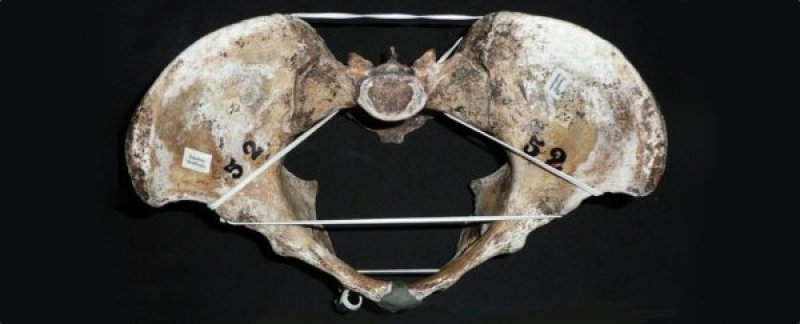The shape of a mother’s birth canal is a tug-of-war between two opposing evolutionary forces: It needs to be wide enough to allow our big-brained babies to pass through, yet narrow enough to allow women to walk efficiently. At least that’s been the common thinking. But a new study reveals birth canals come in a variety of shapes in women around the world.
The idea that women’s pelvises have been shaped by an evolutionary compromise—also known as the “obstetrical dilemma”—has been influential in anthropology, says Jonathan Wells, an expert in human evolution.
…
Lia Betti, a biological anthropologist at the University of Roehampton in London and evolutionary ecologist Andrea Manica of the University of Cambridge in the United Kingdom, measured the pelvises of 348 female human skeletons from 24 different parts of the world. The birth canals were far from carbon copies of each other.
…
The work could improve practices surrounding childbirth, Betti says. For example, a fetus must rotate to negotiate the twisting passage of the birth canal during labor, and these movements may vary depending on the shape of the birth canal.
…
The new findings suggest that if a baby’s movements differ from what’s considered normal for a particular region, she says, it’s not necessarily cause for concern. It may simply reflect the range of birth canal shapes seen throughout the world.
Read full, original post: Birth canals are different all over the world, countering a long-held evolutionary theory































